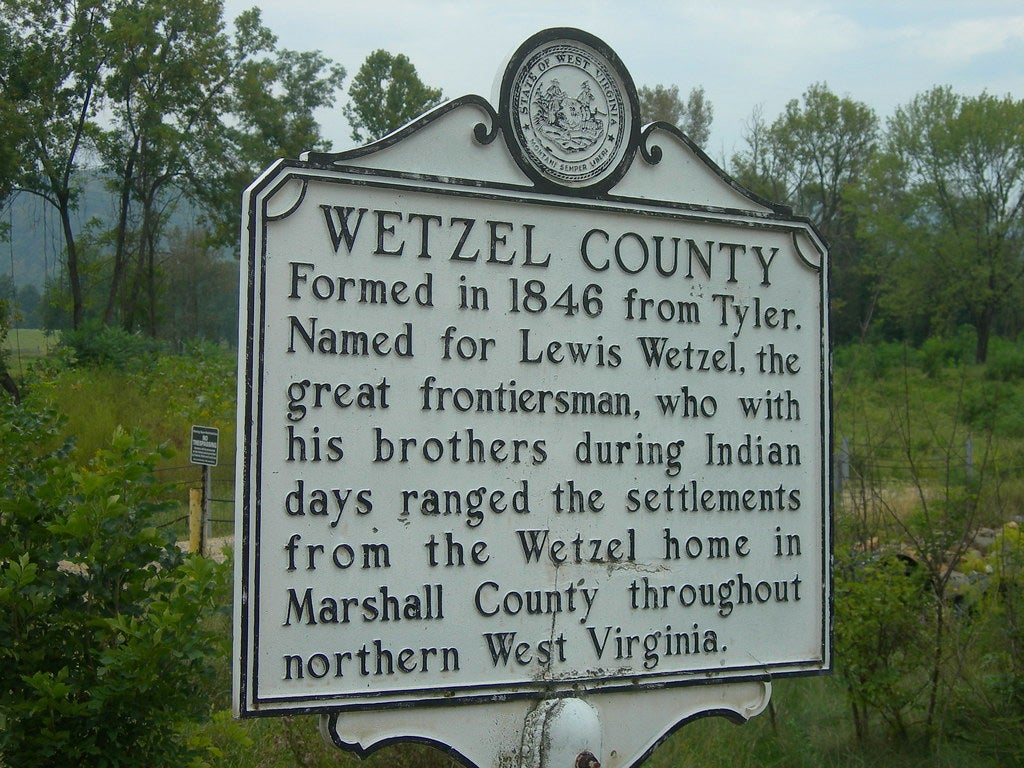A tale of escape and survival
Published 9:55 am Wednesday, January 31, 2024
|
Getting your Trinity Audio player ready...
|
By Jadon Gibson
Contributing Columnist
We are fortunate that individuals from pioneer America had the foresight to write down many interesting stories for us that allows us to look back on and ponder those bygone days.
John Wetzel taught his sons to load and fire a rifle at an early age knowing it could eventually save their lives and the lives of others. Times were much different then. After the boys became proficient at handling and shooting a gun he had the lads practice loading and firing while running. The elder Wetzel had a friend who was run down and killed by Indians while holding an unloaded rifle in his hands. At that time the guns would fire only once before reloading.
Several years later, when Lewis and Jacob were 13 and 11 years old respectively, they were working in the field when a shot rang out from an Indian’s rifle and struck the older lad. Although it was a glancing blow, it took a small part of Lewis’ breast bone, therefore it was a serious wound.
Instead of killing the two brothers with their tomahawks the Indians decided to take them captive. That night one of the Indians prepared a poultice and applied it to Lewis’ wound and the following day it was secured to his chest as they traveled.
The Indians didn’t confine the boys. Due to the youthfulness of the lads and Lewis’ injury the Indians felt they weren’t a threat to escape. On the second night the lads proved them wrong.
“Wake up Jacob, we’ve gotta go home,” Lewis whispered to his younger brother after the Indians were asleep.
“Lewis, I’m too tired,” Jacob whispered once he was awake. “I can’t.”
“We need to git away while we have a chance,” Lewis reasoned with him. “If we wait it might be hard for us to find our way back. We’ll be too far away.”
By this time the younger lad was wide awake and was “gungho” about the escape plan. The boys slipped into the brush to begin their return trek.
“We can’t walk home barefooted,” Lewis told Jacob. “You sit here by this log and I’ll go back and git us some moccasins.”
When Lewis returned with the moccasins he remembered that the Indians still had his father’s gun which the boys had with them when they were captured.
“I’ll be right back Jacob. I forgot to get papa’s gun. You keep real quiet.”
Lewis returned to the Indian camp for the second time and returned without being detected. Then they embarked on their journey with the older brother cautioning Jacob not to speak lest they be heard and captured.
“Whisper if you must speak,” he told him.
Meanwhile one of the Indians awoke and found the boys gone. Soon several of the braves were racing along the trail to overtake and recapture them.
“What’s that noise,” Jacob later whispered to his brother. “I’m afraid it’s a bear and it sounds like it’s chasing us.”
“No Jacob, I believe that’s Injuns,” Lewis answered. “Let’s hide in here.”
Lewis and Jacob left the path and stepped into some bushes and hunkered down. Soon the Indians passed.
After several minutes lapsed the boys proceeded to follow the path the Indians had taken since it was the way to the settlement. Lewis cautioned his brother to watch and listen for Indians and to be ready to take cover if need be. Less than an hour passed before they heard the Indians returning and they hid beneath the thick leaves of a rhododendron bush.
Again they were successful in evading the Indians and were soon back on the trail going home. Lewis became weaker and weaker as his wound again began to bleed but they continued their travels. After awhile they heard what sounded like horses approaching them from the rear.
“We’ve got to hide a’gin, Jacob,” Lewis whispered.
As the boys peered from behind the thick bushes they saw two Indian horsemen ride by. Lewis began to feel faint but he didn’t want to worry Jacob so he simply suggested that they rest. After awhile they were back on the trail heading homeward.
Read Part 2 next week.
Jadon Gibson lives in Harrogate, Tennessee. Thanks to Lincoln Memorial University, Alice Lloyd College and the Museum of Appalachia for their assistance.






